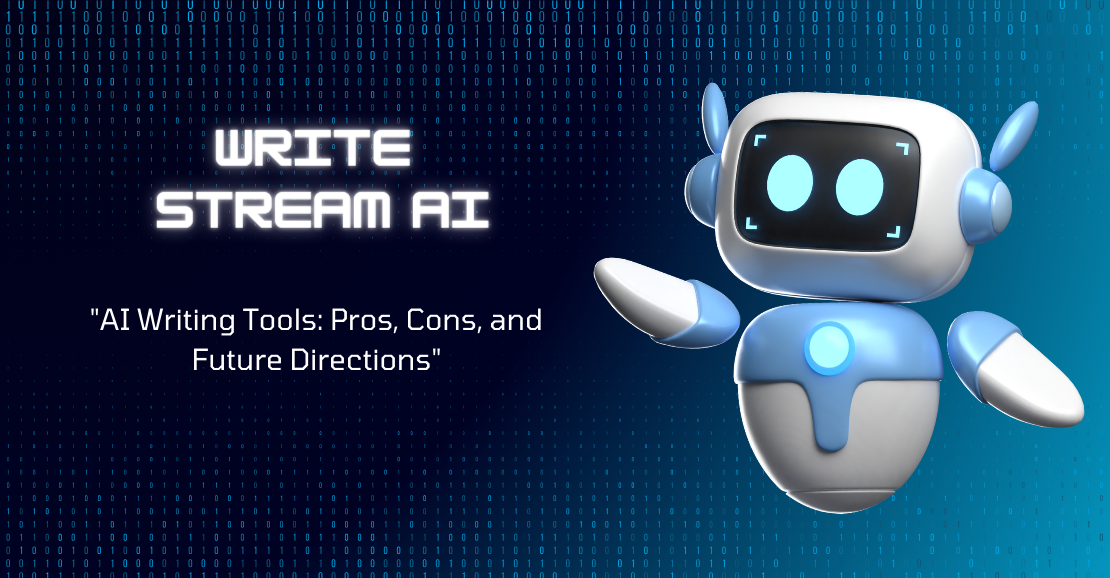Advancements in technology have drastically improved the way we live, work, and communicate. Artificial intelligence (AI) is one of the most groundbreaking technologies that has revolutionized various industries, including the field of writing. AI writing tools have gained immense popularity, offering numerous benefits and conveniences. However, like any other technology, they come with their own set of pros and cons. In this article, we will delve into the world of AI writing tools, exploring their advantages, disadvantages, and future directions.
AI writing tools are computer programs that utilize machine learning and natural language processing techniques to generate written content. These tools have been designed to assist writers in various tasks, such as grammar and spelling checks, sentence restructuring, and even generating entire articles. One of the biggest pros of these tools is their ability to save time and effort. With AI, writers can complete tasks that would have taken hours in a matter of minutes. This is particularly helpful for busy professionals who have tight deadlines to meet.
Another advantage of AI writing tools is their accuracy and consistency. Unlike humans, AI does not get tired or make mistakes. This ensures that the content produced is error-free and of high quality. Furthermore, these tools can also improve the overall writing style and tone, making the content more engaging and impactful.
AI writing tools also offer a unique advantage of personalization. These tools can analyze the writing style and preferences of a particular writer and provide suggestions accordingly. This can be extremely helpful for bloggers, content creators, and social media influencers who have a specific target audience and writing style.
However, like any other technology, AI writing tools have their drawbacks as well. One of the major concerns is the potential threat to jobs in the writing industry. As AI becomes more advanced, there is a fear that it may replace human writers, especially in fields like content creation and copywriting. This raises ethical concerns and the need for regulations to ensure the fair use of AI writing tools.
Another disadvantage is the potential for bias in the content produced by AI writing tools. These tools rely on data and information fed to them, which can be biased based on the sources used. This can result in the production of biased or misleading content, which can have a negative impact on the audience.
Despite the drawbacks, the future of AI writing tools is promising. As technology continues to advance, so do these tools. In the future, we can expect AI writing tools to not only assist in writing but also in research and fact-checking. They can also help in developing a better understanding of the target audience and their preferences, allowing for more personalized and effective content creation.
In conclusion, AI writing tools have numerous pros and cons. These tools offer convenience, accuracy, and personalization, but also raise concerns about job security and bias. However, with proper regulations and ethical use, the future of AI writing tools looks bright. They will continue to evolve and improve, making writing tasks more efficient and effective. As writers, it is important to embrace and utilize these tools while also being mindful of their potential impact on the industry.























Write your comment
Cancel Reply